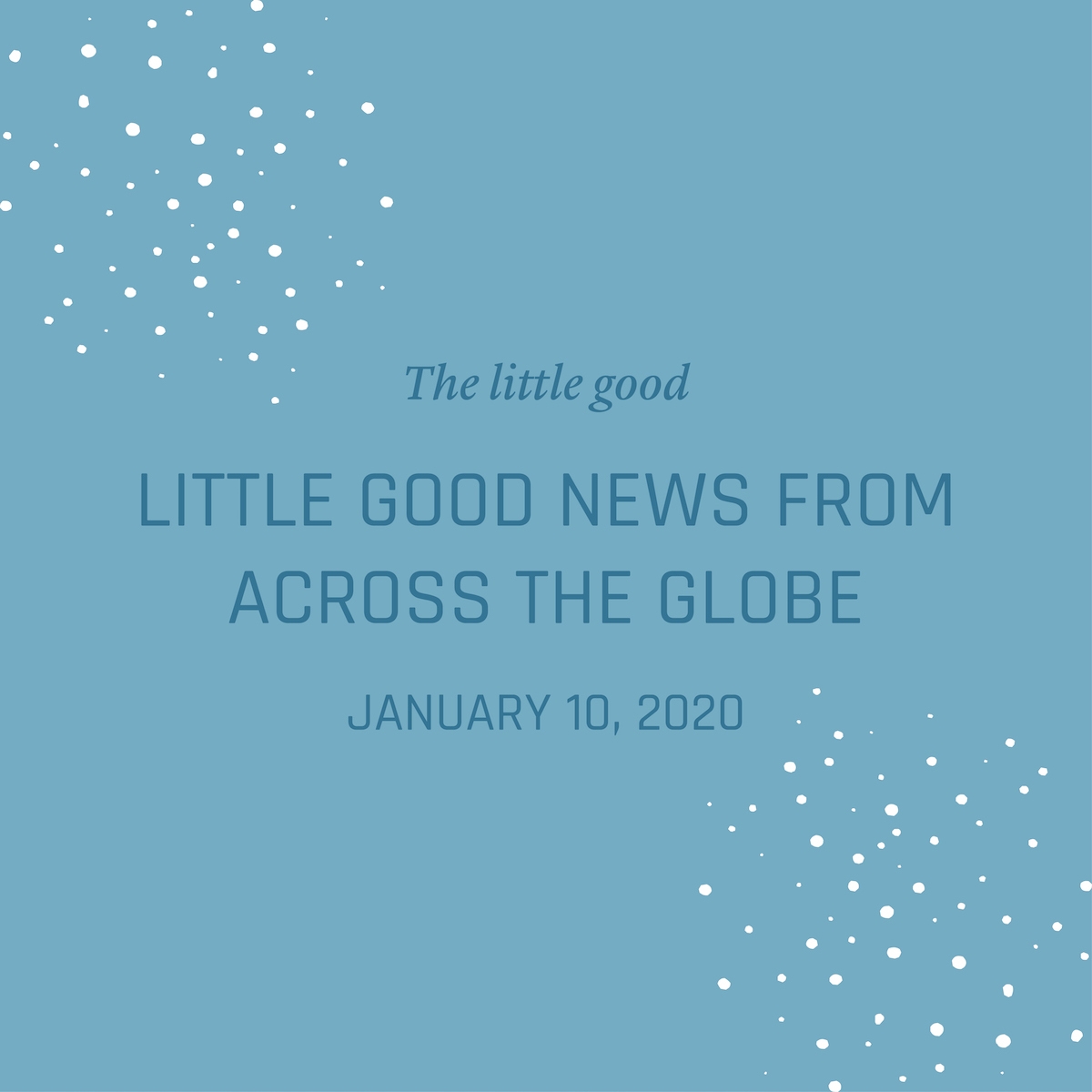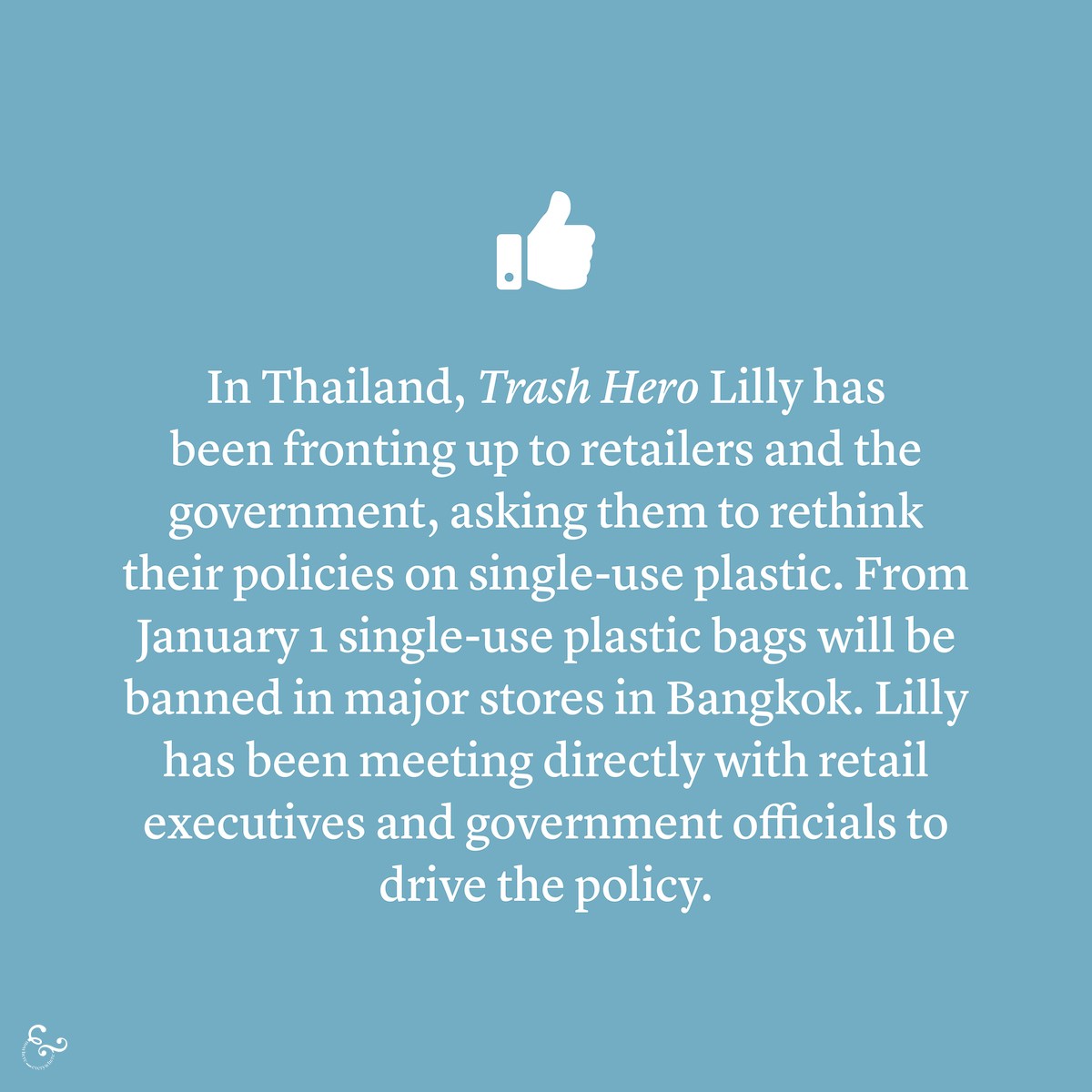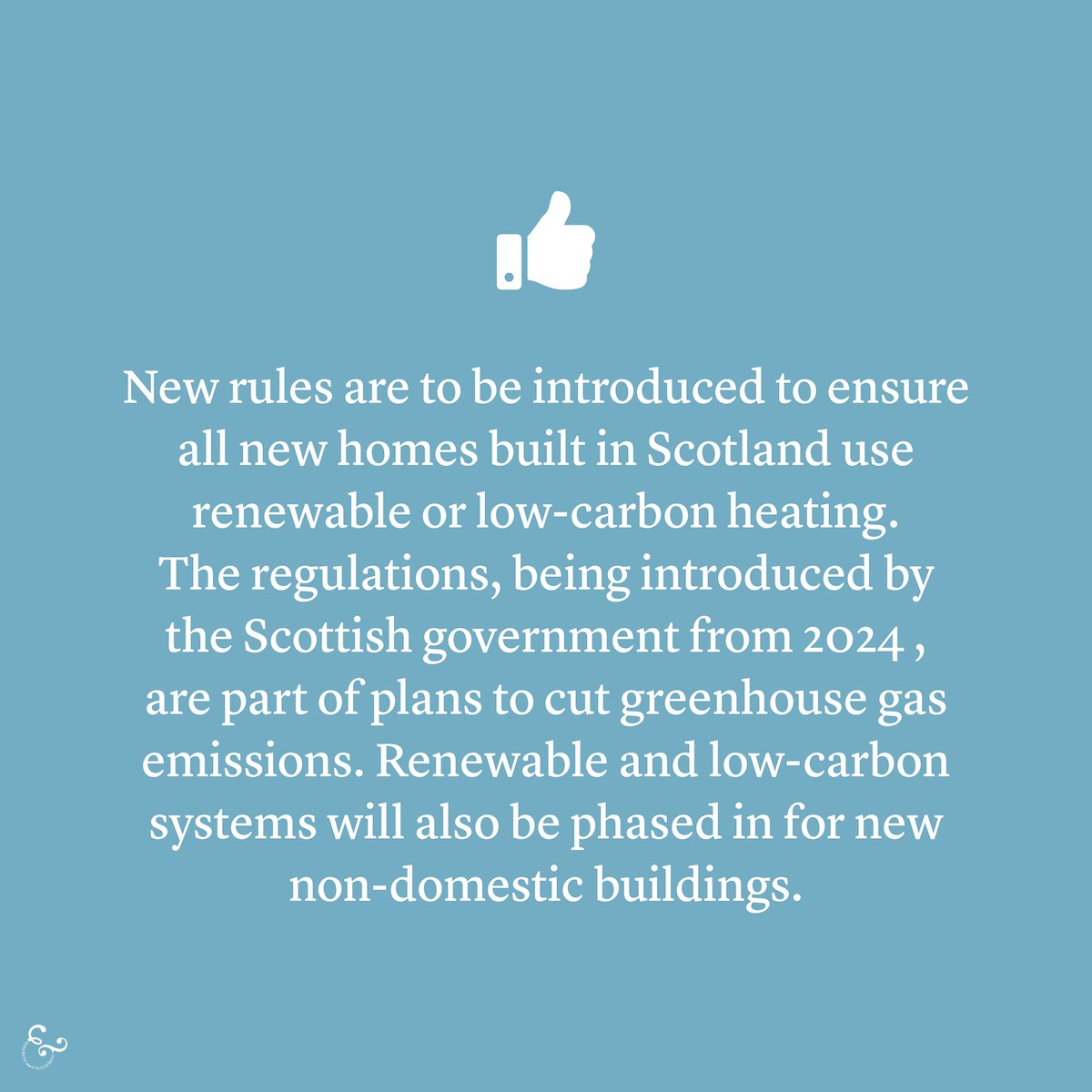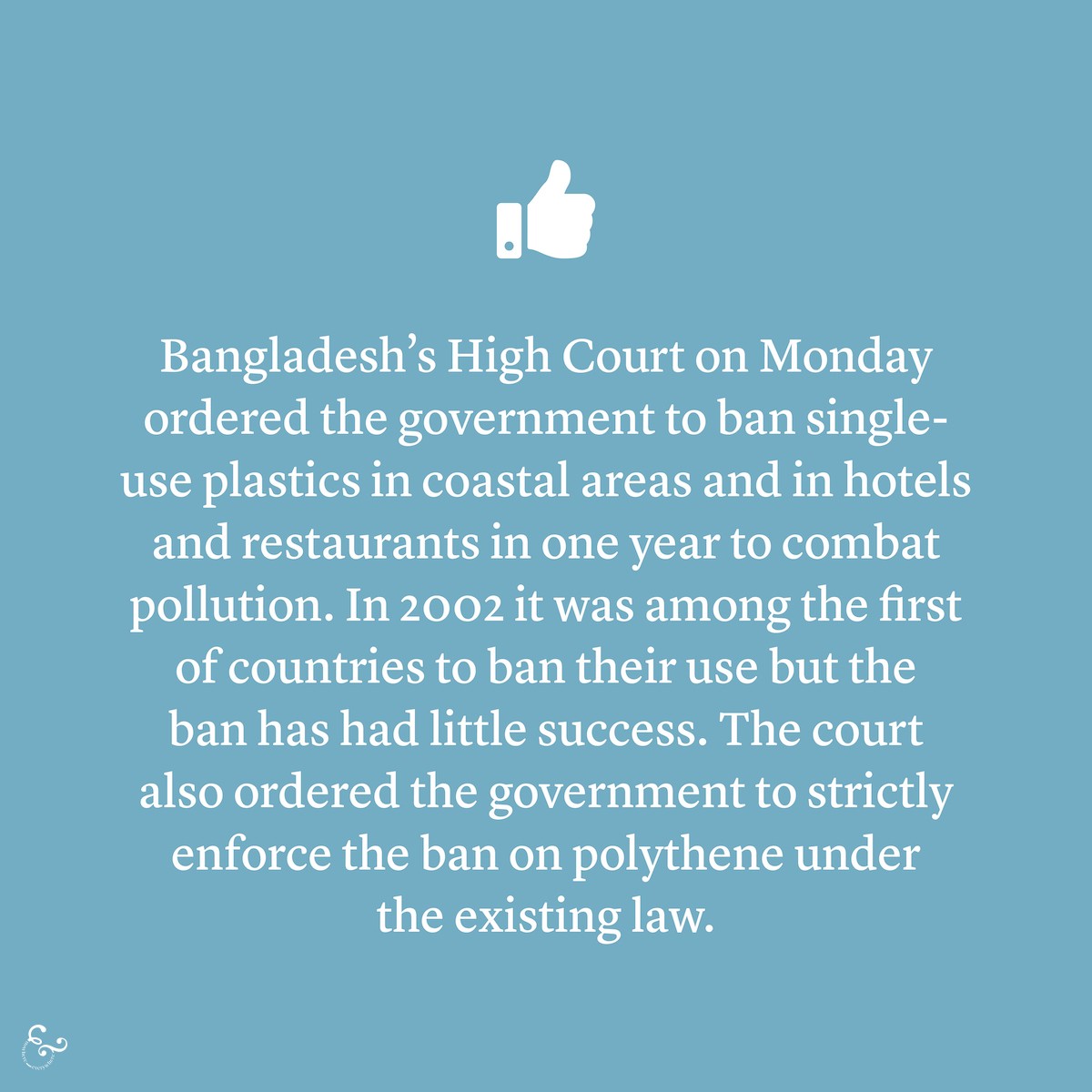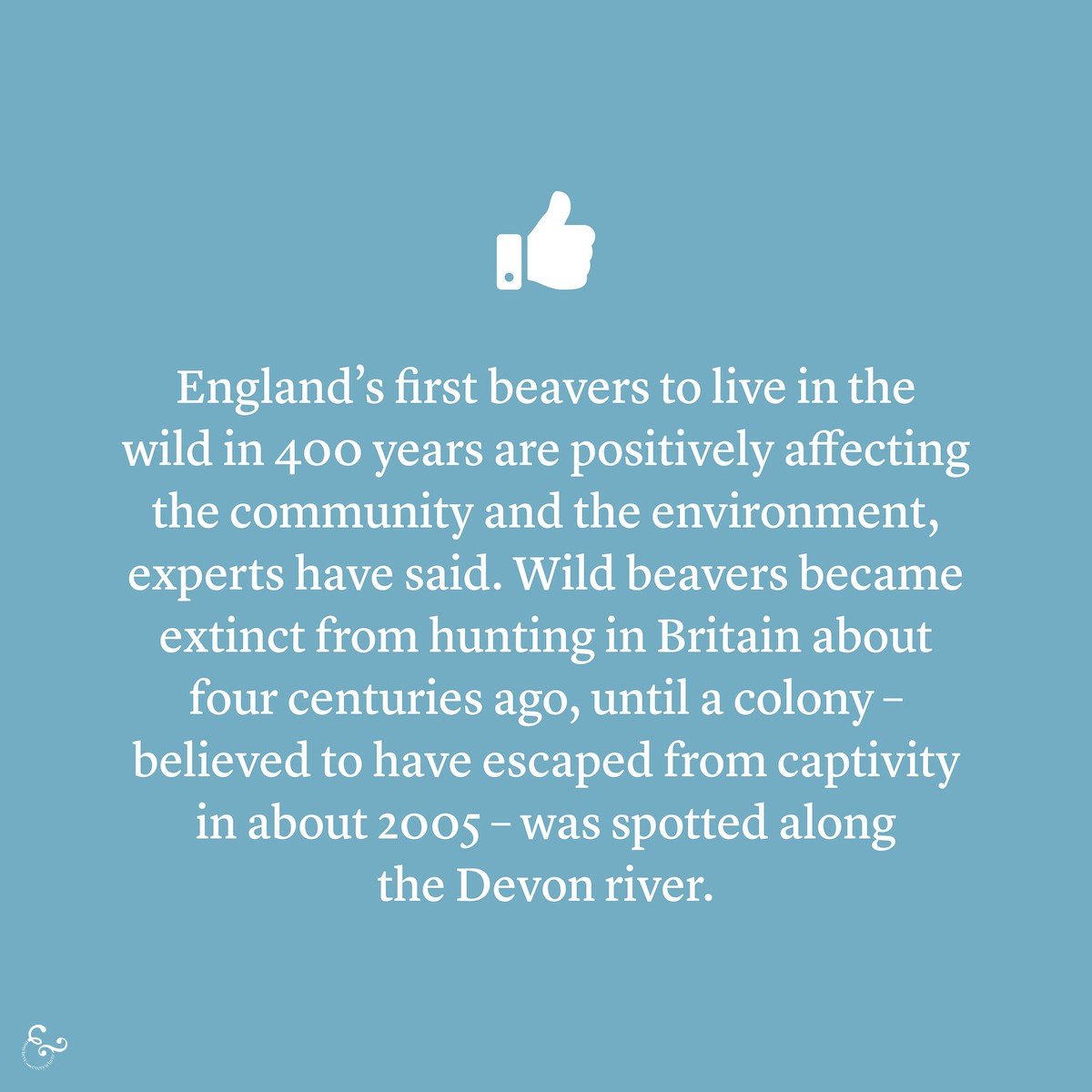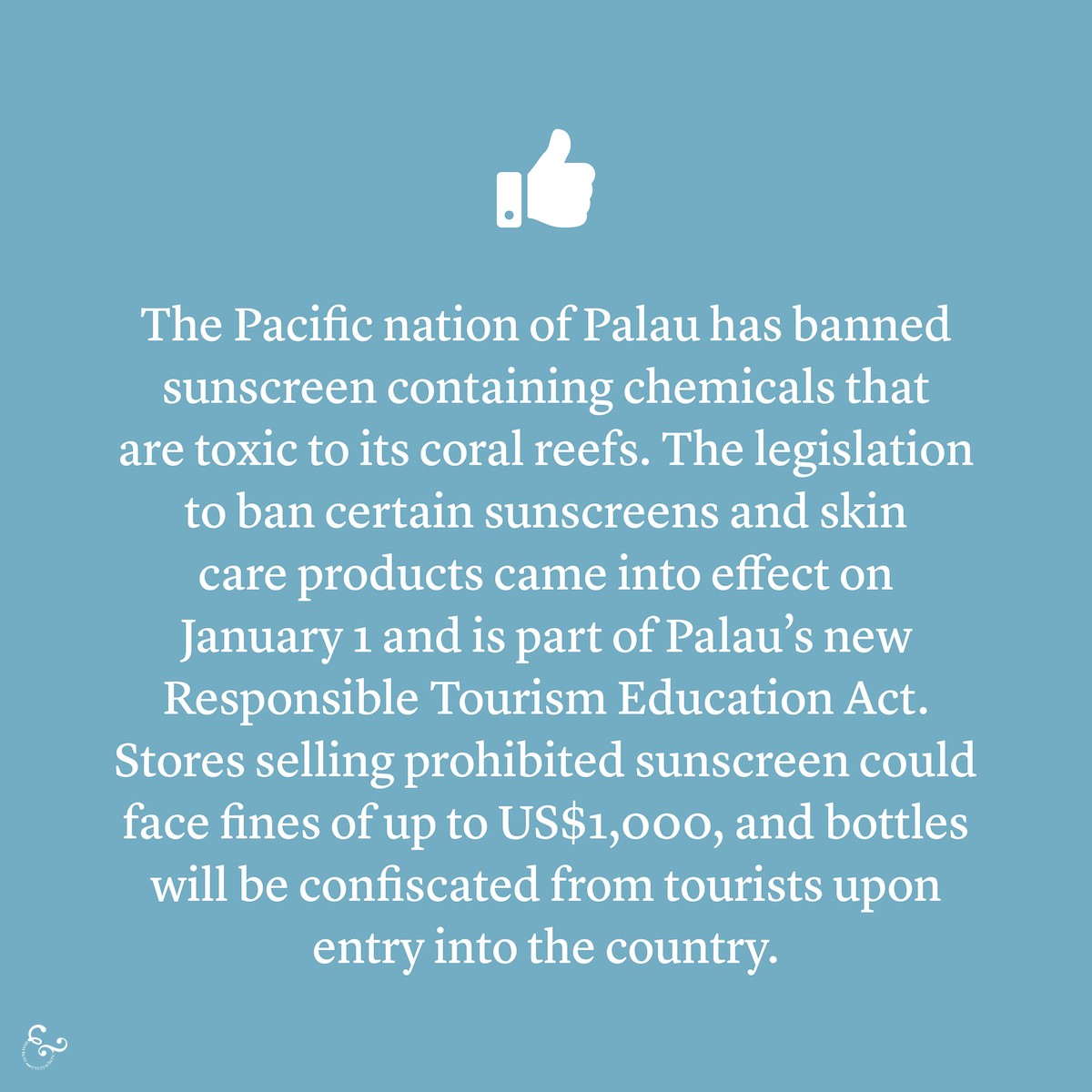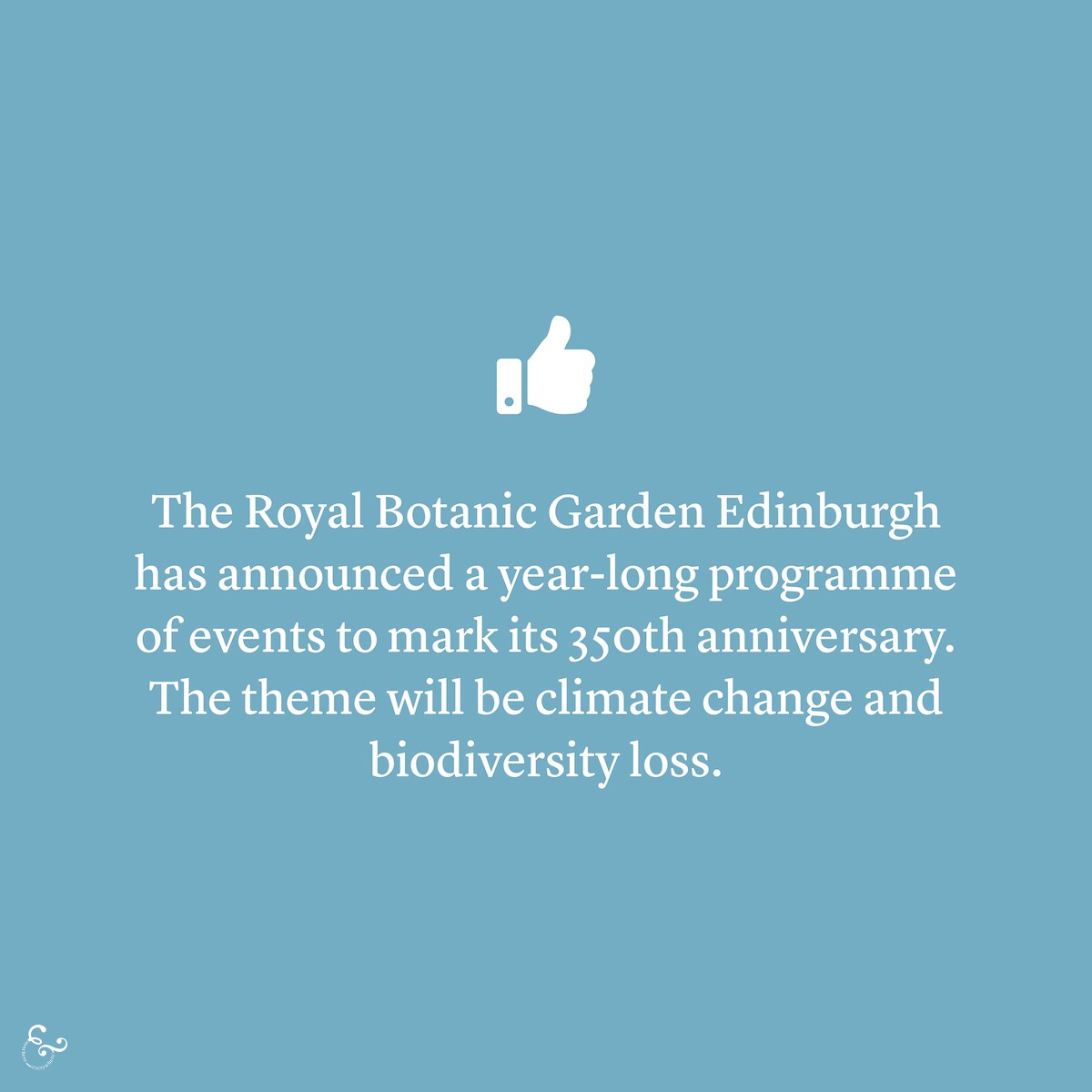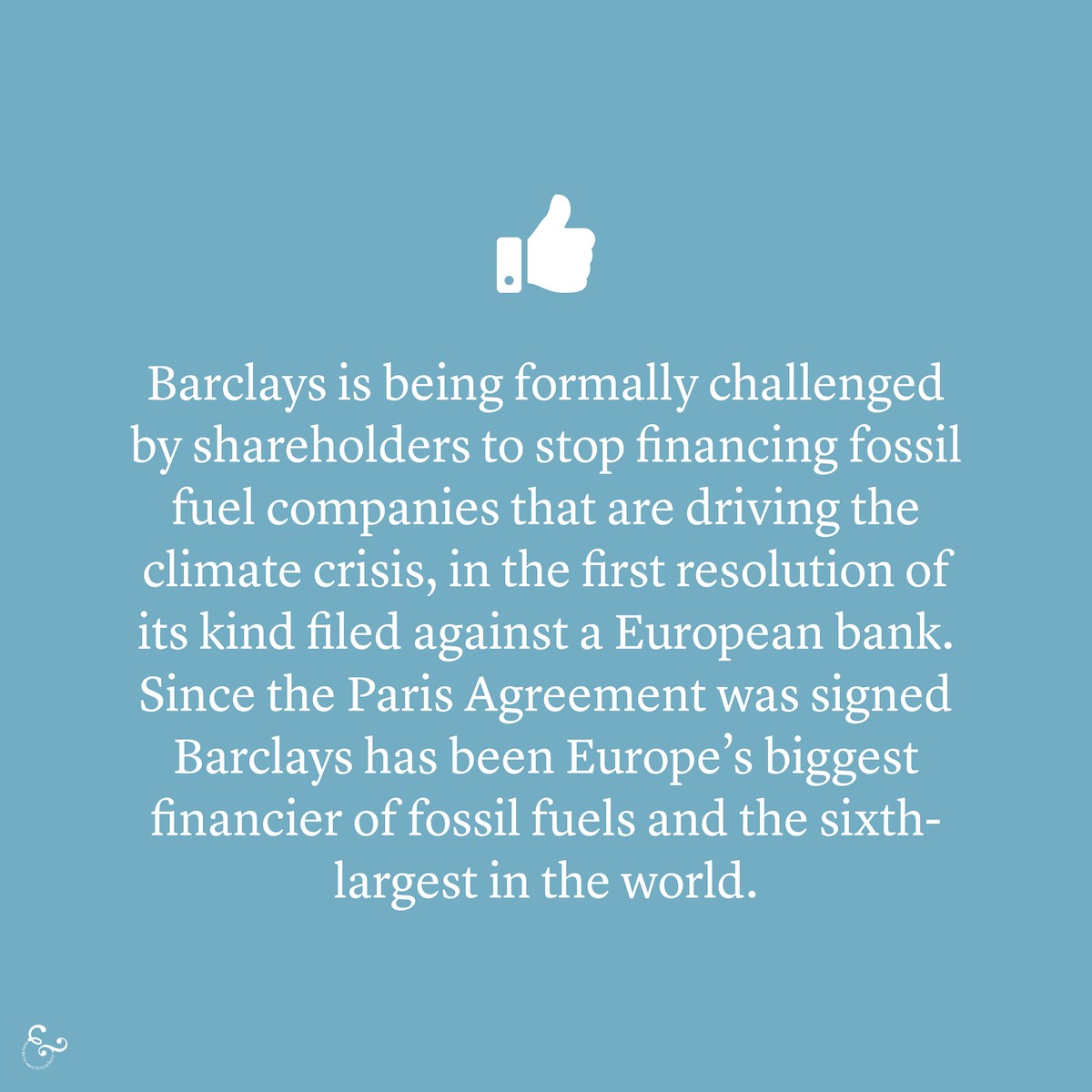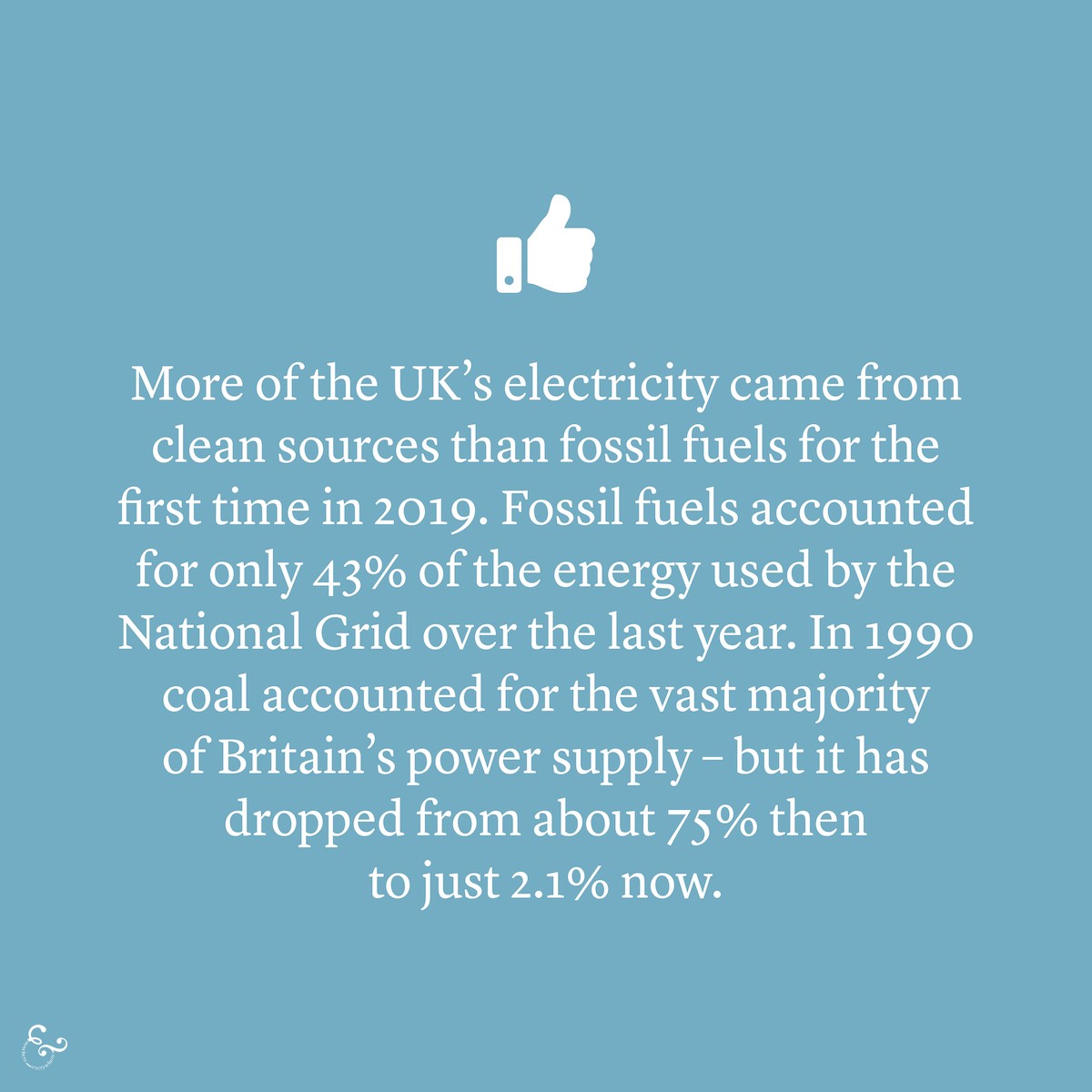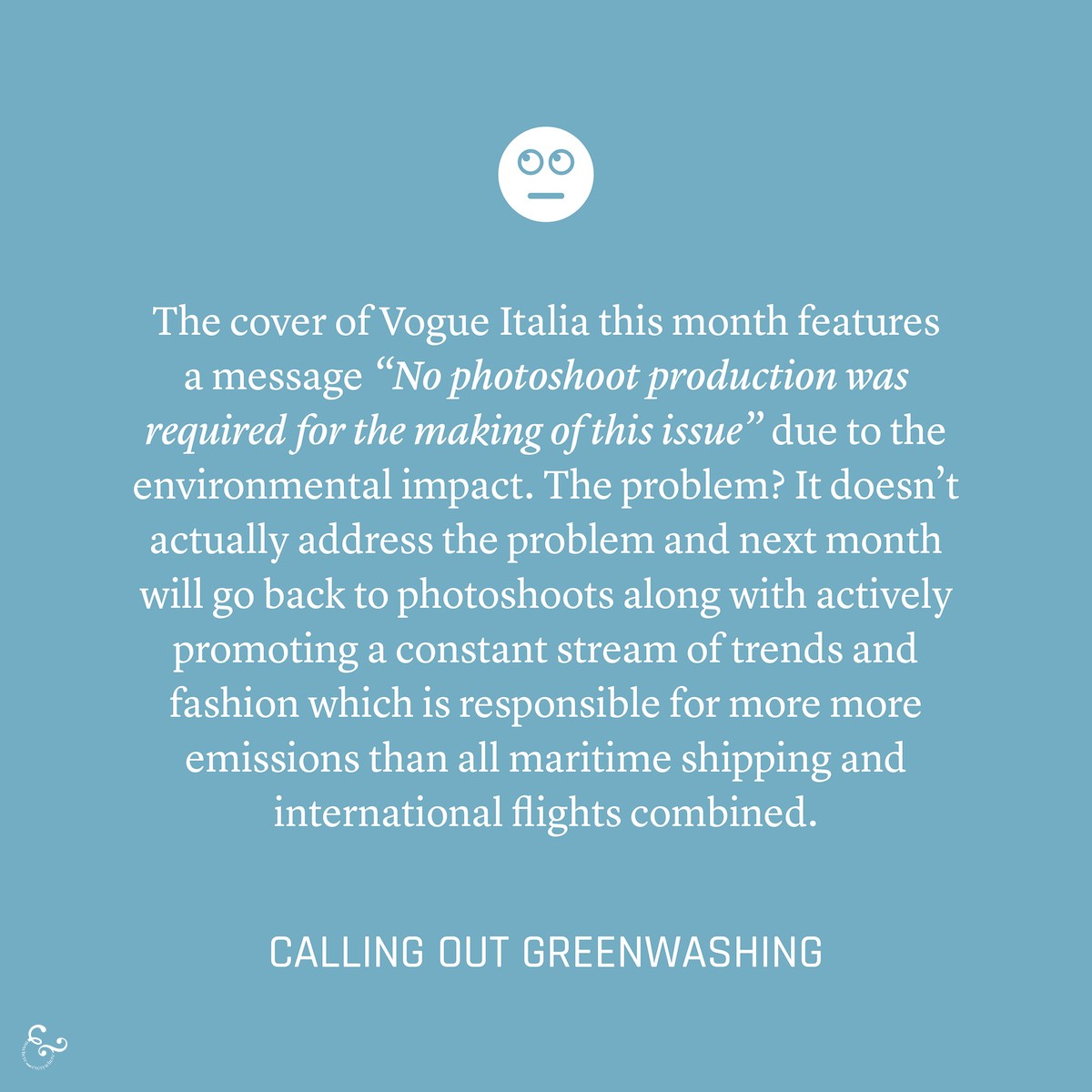Every week we do a major roundup of environmental news across the world. It is really important we all know it and share it, but it can also be pretty disheartening. The bad news is nearly always on a much, much larger scale than the good. The next few years are probably going to look the same as we enter climate feedback loops, profit incentives continue to grow, population increases and we continue to stall on our Paris Agreements. We’re interested in education, understanding systems, and the levers we can all pull for change.
But during this mammoth effort every week, we also get to see lots of little good news stories pass through our initial filter which we’re posting here. We can use these to inspire us, give us ideas in our own communities and potentially scale them up. Environmental good news can often be fairly greenwashed so we’re not interested in that and won’t consider it good news. If you see a story and decide to implement it where you live, we’d absolutely love to hear about it! Please tag us in or email us and let’s create a world of lots of local change which collectively has big impact.
In Thailand, Trash Hero Lilly has been fronting up to retailers and the government, asking them to rethink their policies on single-use plastic, that has seen her dubbed the Greta Thunberg of Asia. From January 1 single-use plastic bags will be banned in major stores in Bangkok. Lilly has been meeting directly with retail executives and government officials to drive the policy. (ABC)
- New rules are to be introduced to ensure all new homes built in Scotland use renewable or low-carbon heating. The regulations, being introduced by the Scottish government from 2024, are part of plans to cut greenhouse gas emissions. Renewable and low-carbon systems will also be phased in for new non-domestic buildings from 2024. (BBC)
- The National Trust is planning to plant 20 million trees over the next decade as part of efforts to achieve net zero emissions by 2030. It will mean that 17% of the land the National Trust looks after will be wooded, up from 10%. Other initiatives announced by the trust include maintaining peat bogs, investing in more renewable energy and cutting its carbon footprint. (The Guardian)
The Royal Botanic Garden Edinburgh has announced a year-long programme of events to mark its 350th anniversary. The theme will be climate change and biodiversity loss. (BBC)
- Bangladesh’s High Court on Monday ordered the government to ban single-use plastics in coastal areas and in hotels and restaurants in one year to combat pollution. In 2002 the south Asian nation was among the first countries to ban the use of plastic and polythene bags in an effort to stop them collecting in waterways and on land – although the ban has had little success. The court also ordered the government to strictly enforce the ban on polythene under the existing law. (Reuters)
- England’s first beavers to live in the wild in 400 years are positively affecting the community and the environment, experts have said. Wild beavers became extinct from hunting in Britain about four centuries ago, until a colony – believed to have escaped from captivity in about 2005 – was spotted along the Devon river. (Independent)
- The Pacific nation of Palau has banned sunscreen containing chemicals that are “incredibly toxic” to its coral reefs. The legislation to ban certain sunscreens and skin-care products came into effect on January 1 and is part of Palau’s new Responsible Tourism Education Act. Stores selling prohibited sunscreen could face fines of up to US$1,000, and bottles will be confiscated from tourists upon entry into the country. Reef-safe sunscreens are permitted in Palau. (ABC)
- More of the UK‘s electricity came from clean sources than fossil fuels for the first time in 2019, the National Grid has said. It was the cleanest year on record because of an increase in the use of zero-carbon fuel such as wind, solar and nuclear. In 2010, Great Britain generated 75% of its electricity from coal and natural gas. In 1990 coal accounted for the vast majority of Britain’s power supply – but it has dropped from about 75 percent then to just 2.1 percent now. Gas made up 38.4 percent. Fossil fuels accounted for only 43 percent of the energy used by the National Grid over the last year. (Independent / The Conversation)
Calling out greenwashing
The cover of Vogue Italia this month features a message: “No photoshoot production was required for the making of this issue.” The fashion magazine will not include its usual photo spreads in the January issue, in a nod to the need to take action to protect the environment. The editor listed out some of what was involved in producing photo shoots for a single issue in September: Around 20 flights, a dozen train rides, 40 cars on standby, 60 international shipments, more than 10 hours of lighting, food waste from catering, plastic to wrap clothes, and more. The problem? It doesn’t actually address the problem and next month will go straight back to photoshoots – knowing the environmental cost. Fashion is responsible for more more emissions than all maritime shipping and international flights combined and Vogue actively promotes the high-end buying of these. They could choose to release less versions, promote only ethical and sustainable brand, feature older designs, encourage community swap meets across the world, create sustainable shoots with local photographers and model to the location only and more. (Huffington Post / Fast Company)
A bit of perspective
There are a lot of amazing donations happening to the Australian bushfires and there are a lot of eyebrow raising ones too. Andrew Forrest donated A$70 million with $50 million going to his own charity. Forrest was the billionaire founder (his net worth is estimated at USD 8.7 billion) and CEO of Fortescue Metals Group and is still a major shareholder. He also owns Harvey Beef, the biggest exporter of beef in Western Australia. Fortescue is a major mining company and the fourth largest iron ore producer in the world after BHP Billiton, Rio Tinto, and Vale and benefits from climate inaction. As part of the funding announcement, the mining magnate said that while he did not want to politicise the catastrophic bushfires, he believed arsonists played the “biggest part” in starting bushfires.
Also keep in mind that a lot of attention gets places on the staggering size of sum donations but this should be adjusted in terms of net wealth. Someone donating $100 may be placing more financial strain on themselves than someone donating 50 million.
